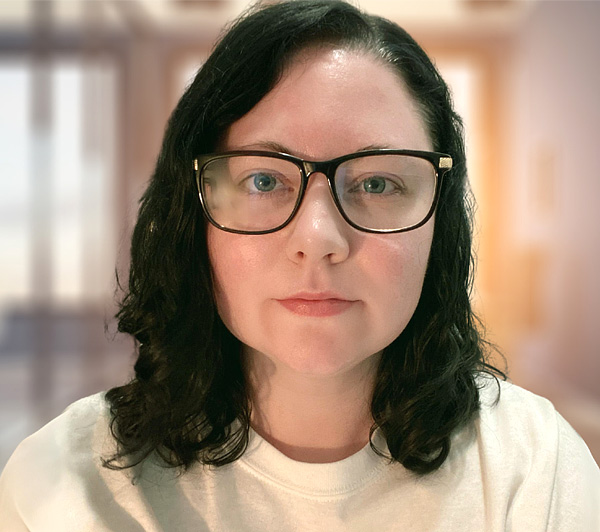
PhD, CPsycol, AFBPsS, RCC
I have quite a unique journey to counselling. I weaved together a 20-year career in teaching and research with clinical and counselling experience before starting my private practice in Langley, BC. This was because when I was training in psychology I wanted to become an expert in the psychology of sexual violence before deciding what kind of therapeutic methods to train in. I wanted to be sure that I was going to be using approaches that were effective in helping survivors heal from that trauma. So, as a result, I have an extensive research career specialising in gender, sexuality, abuse, and trauma that includes numerous publications and several books. This research foundation has informed my counselling work and my decision to use a combination of Eye Movement Desensitization and Reprocessing (EMDR) and Observed Experiential Integration (OEI) therapies in healing complex trauma, from childhood and adulthood experiences of a wide range of violence and abuse.
I also came to this journey as a survivor of abuse myself, and my belief in these methods come from a combination of the research that supports their effectiveness, as well as my own lived experience as a therapy client healing my own trauma. All of my counselling work, from case conceptualisation to the interventions used in session, go through those two filters - does this adhere to my research knowledge and does this align with my experience of being in that therapy chair? This dual-perspective helps to keep my work research-informed as well as grounded and compassionate. I have written about how my experiences as a survivor of sexual abuse have influenced my career in psychology as part of the #MeToo movement, in a chapter called ‘Surviving Sexual Abuse With(in) Psychology’ (2020).
I have also had additional training in neurodivergent affirming practice. As a neurodivergent therapist myself, I know that it is important to have a comprehensive understanding of how our unique neurological makeup can impact on therapies like EMDR and OEI, as well as our experiences of trauma. This is so that we can tell the difference between things like autistic meltdowns from being overstimulated and being triggered as a trauma response, or autistic shutdowns versus dorsal vagal shutdowns, masking versus people-pleasing (or the fawn trauma response), and so on. From the outside these reactions can look very similar, just like an autistic meltdown can be misinterpreted as aggression, but their causes and solutions can be very different. As a part of my training I have learned EMDR adaptations for autistic and ADHD clients.
The other important aspect of my work is understanding the complex intersections of identity and abuse, as well as the kinds of abuse that aren’t talked about as much. As a queer and genderfluid therapist, and an academic who has researched these intersections, I am very aware of how sexual abuse can become entangled with sexual and gender identity, creating distress around self acceptance, body image, and relationships. In some cases it can also lead to internalised homophobia and transphobia, as well as exacerbating gender dysphoria and being a barrier to gender euphoria. I work with survivors of all genders and sexualities, as well as those who have experienced different kinds of (often under-reported) sexual abuse, such as sexual abuse perpetrated by women, or sexual abuse that occurred in medical settings.
I completed my Bachelor of Science in Psychology at the University of Liverpool (Chester College) in 2005 with First Class Honours, and my Postgraduate Certificate in Counselling and Psychotherapy at Regent’s University London was completed in 2005 as well. I spent several years working in the UK National Health Service under the supervision of Clinical Psychologists before pursuing my PhD in Psychology at Manchester Metropolitan University, which was completed in 2013. I have won several awards for my research throughout my career. I am a Chartered Member and Associate Fellow of the British Psychological Society, a Member of the Canadian Psychological Association, and a Registered Clinical Counsellor in BC.
In addition to counselling, I also provide online education and training, PhD supervision, research consulting and collaborations, publishing, and I am available for guest speaking engagements, guest lectures, and interviews.
- PhD in Psychology at Manchester Metropolitan University.
- Postgraduate Certificate in Counselling and Psychotherapy at Regent’s University London
- Bachelor of Science in Psychology at the University of Liverpool (Chester College)
- Chartered Member and Associate Fellow of the British Psychological Society
- Member of the Canadian Psychological Association
- Registered Clinical Counsellor (RCC) with the British Columbia Association of Clinical Counsellors (BCACC).
Contact Me
New clients please contact me directly for any inquiries or to book first session.
Initial session is not bookable online.
E: jemtosh@thrive-life.ca
Please note that our clinicians manage all of their own scheduling, booking and response calls.
Because our clinicians are often in session and unavailable to answer the phone,
please be sure to leave detailed voicemail messages and we will do our very best to respond as quickly as possible.
Contact Form
Please fill out my contact form for any inquiries or to book an appointment.

